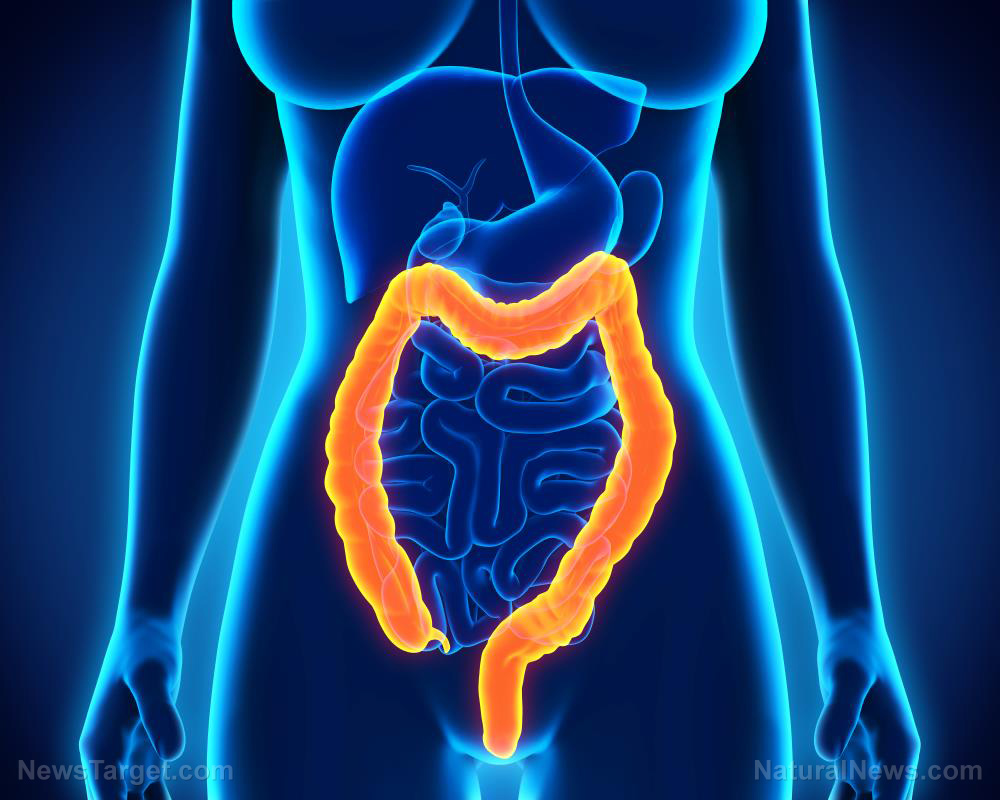Supplementing with vitamin D found to prevent colorectal cancer growth
10/16/2019 / By Grace Olson

Researchers from the U.S. have found that vitamin D can potentially be used in cancer treatment. In their findings, which they published in the journal JAMA, revealed that supplementing vitamin D can inhibit the progression of advanced colorectal cancer.
What is colorectal cancer?
Colorectal cancer is the term for cancers that develop in the colon and rectum. It’s the third most common cancer, outside of skin cancers, among American adults. The condition starts off as a growth called a polyp, and its initial symptoms can be indiscernible. However, it’s still possible to watch out for the signs, which include
- Rectal bleeding (bright red or dark red in color)
- Narrow stools
- Continuous abdominal pain
- Unexplained weight loss
- Anemia caused by iron deficiency
In its advanced stages, the cancer cells spread in a process called metastasis.
A recent estimate by the American Cancer Society reports that over 140,000 new colorectal cancer cases are reported every year, with over 51,000 deaths.
Vitamin D and cancer progression
Vitamin D is well-regarded in its ability to maintain a healthy immune system: Some rich sources of it include egg yolks, shiitake mushrooms, and seafood.
In their study, the researchers wanted to explore how supplementing vitamin D to standard chemotherapy can influence the progression of cancer among people who have metastatic colorectal cancer.
For their randomized controlled trial, the team gathered 139 participants who had untreated metastatic colorectal cancer. Before the trial began, the researchers noted that only nine percent of the participants had the needed amount of vitamin D in their bodies. The researchers then grouped the participants into a high-dose group and a low-dose group: The former was given vitamin D during treatment, while the latter took standard chemotherapy sessions.
The high-dose group received 8,000 international units (IU) of vitamin D daily for two weeks. Afterward, the researchers lowered the dose to 4,000 IU per day. Meanwhile, the low-dose group only took 400 IU every day throughout the study.
Their findings showed that disease progression decreased among the participants. In the high-dose group, the progression stopped for an average of 13 months. In the low-dose group, the participants experienced a delay in progression that lasted for almost 11 months. Moreover, the researchers discovered that the participants in the high-dose group were less likely to experience disease progression or death in the follow-up sessions later afterward. These follow-ups lasted for almost two years (22.9 months).
The researchers concluded that among patients with metastatic colorectal cancer, the addition of high-dose vitamin D or standard dose vitamin D to standard chemotherapy has positive results on colorectal cancer patients. It resulted in a significantly improved hazard ratio, decreasing the risk of progression or death.
These findings were promising for the future of cancer treatment. However, the researchers warned that the intake of high doses of vitamin D should only happen in the context of clinical research. For the average individual, it is best to keep within the recommended intake of vitamin D, which is around 400 to 800 IU per day. (Related: Vitamin D: How to Determine Your Optimal Dose.)
The researchers asserted the need for further evaluation of vitamin D’s role in cancer patients and on a larger population.
For more updates on cancer and its management and prevention, check out Cancer.news.
Sources include:
Tagged Under: abdominal pain, cancer, cancer progression, colon cancer, delay cancer, good health, good research, Good science, immune system, iron deficiency, metastasis, metastatic colorectal cancer, narrow stools, polyp, rectal bleeding, rectal cancer, research, science, supplements, vitamin D, weight loss
RECENT NEWS & ARTICLES
COPYRIGHT © 2017 CANCER SOLUTIONS NEWS



















